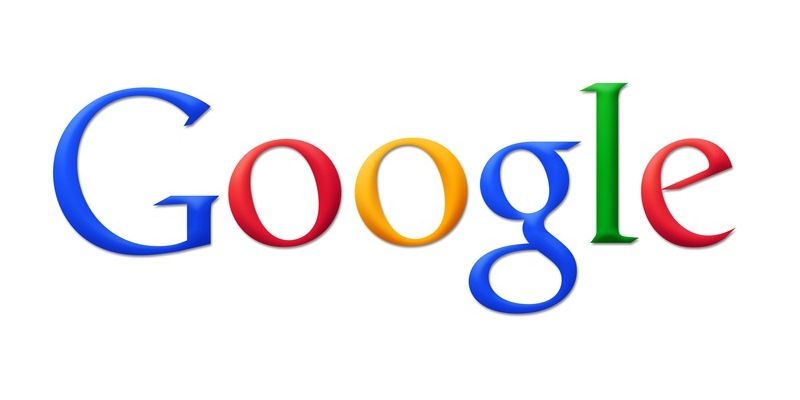No, your eyes are not playing tricks on you. Google Inc. (NASDAQ: GOOG) was really trading at $581 on Thursday. But don’t worry. The stock has split into two share classes. The other uses the ticker GOOGL, and it was trading at about $582.
The two classes of shares are trading at a combined $1,163, which is up roughly 2.5% from the Wednesday close for the pre-split shares of Internet search giant. That was $1,135.10. The split took effect after Wednesday’s close, with trading in both classes of the shares beginning on Thursday.
While the split looks like a simple two-for-one, it really isn’t, because it is not a shareholder-friendly move. It was really designed to ensure that Google’s founders, Larry Page and Sergey Brin, maintain control of the company.
For every Google Class A and Class B share, shareholders of record as of the close on March 27 received one Google Class C share. The difference between the Class A and Class C shares is that the Class C shares are non-voting, and when Google issues new shares going forward, they will be Class C shares. What will confuse many investors is that these shares are using the GOOG ticker. The existing Class A shares, the shares with voting rights, are using the GOOGL ticker.
It was expected that there would be a spread between the Class A and Class C shares. There is. It’s roughly $1, or about 0.2%, with investors giving a slight premium to the Class A shares because of the voting rights. One reason the spread is so small is that S&P Dow Jones is listing both in the Standard & Poor’s 500 Index. (Yes, that means the index has 501 stocks.) Nasdaq OMX Group Inc. (NASDAQ: NDAQ) has said it will list only the Class C shares in its indexes starting on June 23.
Google has said it will compensate the holders of the Class C shares if the shares trade below the value of the Class A shares. The compensation will be made on a sliding scale. If the difference is between 1% and 2%, the compensation is 20% of the difference. At 5% or more, the compensation is 100% of the difference up to 5%.
A last note about the Class B shares. These are held by Google’s founders. These do not and will not trade, but each gets 10 votes, compared with the one vote for each Class A share. That and the non-voting rights for the new Class C shares is how the founders keep control of the company.
Page, 41, has suffered from a rare form of vocal cord paralysis that makes his voice sound hoarse. Brin, 40, reportedly stands a 50% chance of developing Parkinson’s disease, the degenerative central nervous system disorder. Should he become afflicted by the disease, it would impair his motor skills and speech, and in extreme cases could even become fatal.
Google was recently called the perfect stock, but this new share structure could challenge that over time.
There is a risk many investors may not appreciate giving Page and Brin so much control. The Google founders have embarked on so many side projects that the number is hard to count. They are doing this with corporate assets, which are supposed to belong to shareholders. Now shareholders effectively will get no say on the matter going forward, and the Google founders will be able to get away with telling shareholders that whatever move is taken is in their best interest.
Thank you for reading! Have some feedback for us?
Contact the 24/7 Wall St. editorial team.





